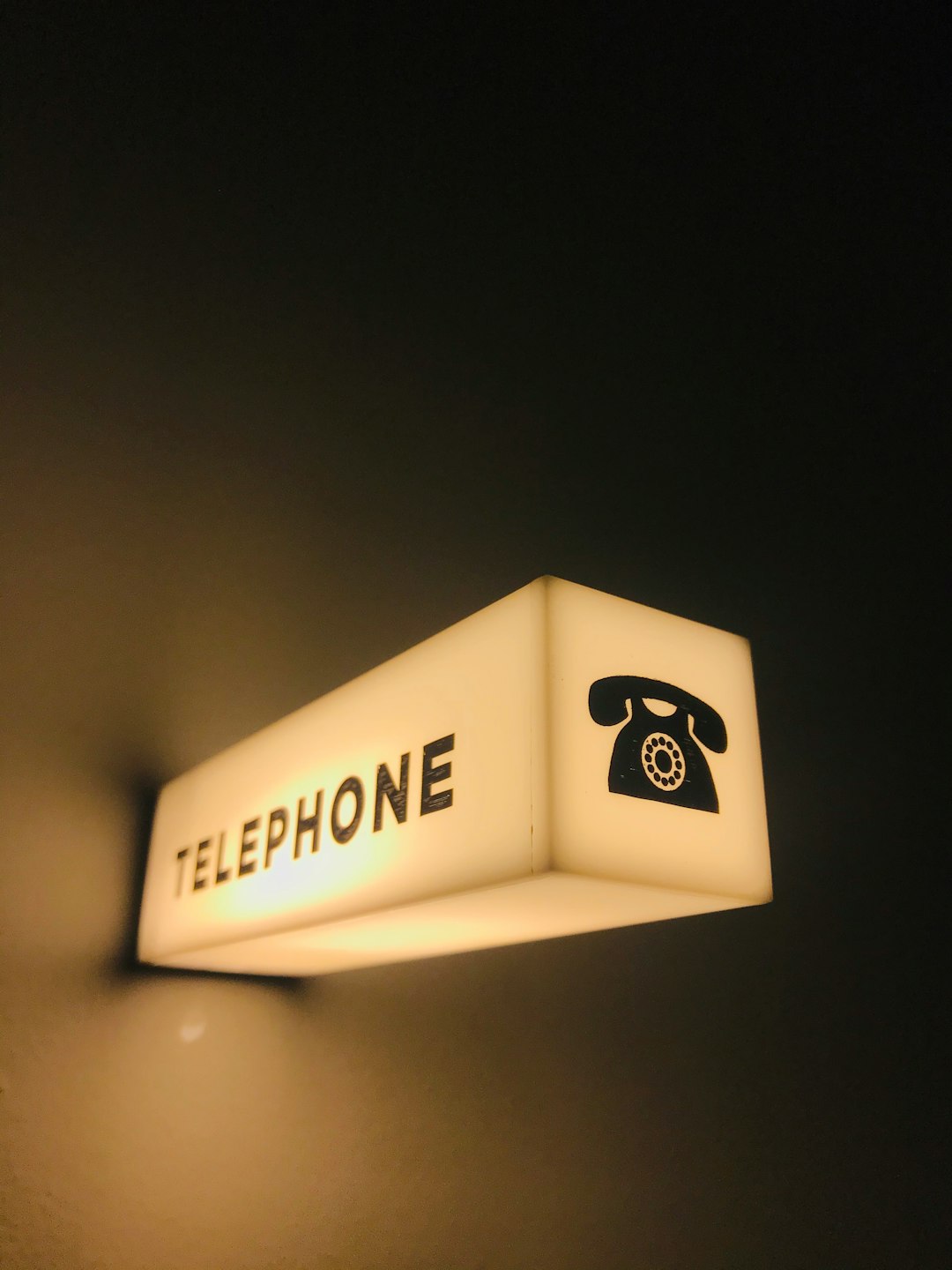Wisconsin's Do Not Call law bans prerecorded messages from law firms unless residents give explicit consent, shifting marketing strategies from automated calls to personalized email and live calls to build stronger client relationships while complying with regulations.
In Wisconsin, prerecorded messages without explicit consent are prohibited under state law, offering valuable protection for residents from unwanted marketing intrusions. This article delves into Wisconsin’s Do Not Call laws, specifically examining the regulations surrounding prerecorded messages. We’ll explore the consent requirements, dissecting their implications on law firm marketing strategies, and provide insights to ensure compliance in the ever-evolving legal landscape of Wisconsin.
Understanding Wisconsin's Do Not Call Laws

Wisconsin’s Do Not Call laws are designed to protect residents from unwanted telemarketing calls and sales pitches. The state has a specific regulation that bans prerecorded or artificial messages from being left with individuals who have registered their phone numbers on the Wisconsin Do Not Call list. This means that law firms and other businesses engaging in telemarketing activities must obtain explicit consent before calling these residents.
To respect this law, prospective clients should be aware of their rights and register for the Do Not Call list if they choose to do so. By doing so, they ensure their privacy and can avoid receiving unsolicited calls from law firms or any other organizations. This simple step can help maintain a peaceful and unintrusive communication environment.
Prerecorded Messages: Consent Requirements

In Wisconsin, prerecorded messages are subject to strict regulations under the Do Not Call laws. These rules aim to protect residents from unsolicited calls and ensure their privacy. When it comes to prerecorded messages, consent is key. Businesses or organizations seeking to contact Wisconsin residents with such messages must obtain explicit permission in advance.
This means that if you’re a law firm or any organization planning to use automated or prerecorded calls for marketing or other purposes, you need to ensure compliance with Wisconsin’s regulations. Failure to get proper consent can result in legal repercussions. Always remember to inform individuals about the nature of the call and provide an easy opt-out method to respect their choices.
Implications for Law Firm Marketing Strategies

The new Wisconsin law, prohibiting prerecorded messages without explicit consent, has significant implications for law firm marketing strategies. Many legal practices have historically relied on automated phone systems and pre-recorded voicemails to reach potential clients, especially those who may not respond promptly to live calls or emails. However, with this legislation, law firms must now obtain permission before leaving a prerecorded message, ensuring compliance and avoiding potential penalties.
This change necessitates a shift in marketing approaches for Wisconsin-based legal entities. Instead of relying on automated systems, firms should focus more on personalized outreach through direct communication channels like emails and live phone calls. By prioritizing consent and building stronger client relationships, law firm marketers can create more effective campaigns that resonate with their target audience while adhering to the new regulatory framework.






